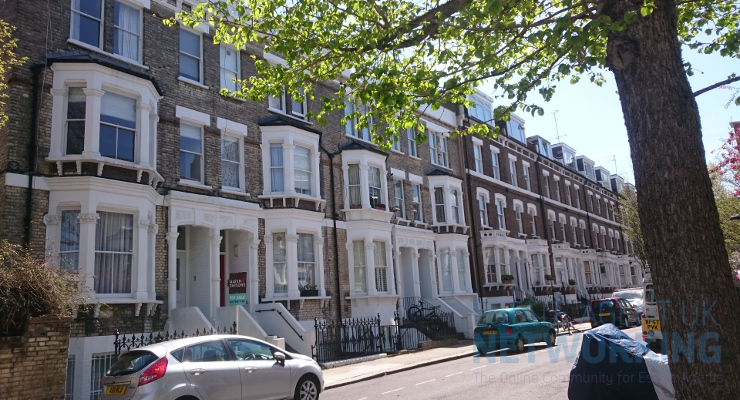Why It’s A Good Idea To Rent Before You Buy
Choosing a new home is a big decision. What area will you live in, how many rooms do you need, what sort of facilities should be nearby and the big one – do you rent or buy?
Historically, Britain has been a nation of homeowners. Buying a property has been seen as the right investment for ordinary people. But, if you’re a first time buyer or someone on low income, that’s no longer an automatic choice. Rising house prices, big deposits and a lack of affordable mortgages following the pandemic are encouraging more and more people to rent before they buy.
The costs of buying
Plus of course the cost is one of the biggest factors. But, it’s not just a matter of comparing monthly mortgage payments with monthly rentals.
Here’s a short list of the costs you will incur if you want to buy a property:
- Stamp duty (if applicable)
- Surveyor’s fee
- Legal fees
- Valuation fee for mortgage
If you’re also selling your existing home, you will have to pay these costs as well:
- Estate agent’s commission
- Legal fees
- Removal costs
These costs can mount up to a significant amount and that’s before you have to get together a deposit of between 5 and 20 percent of the value of the property. According to comparemymove.com, the typical cost in 2020 of buying a home at the average UK price of £237,834 is around £25,500, including a 10 percent deposit, legal and surveyor fees and removal costs. Stamp duty has been abolished until March 2021 for properties at the price.
Clearly, moving house can have serious financial implications. Therefore, buying or selling a home is not something you want to do often.
Why rent before you buy?
Here are some reasons why it’s a good idea to rent before you buy:
- There is less of a financial commitment
- Finding and moving into a home is quicker than buying
- Moving is easier and quicker
- Your landlord pays for repairs and maintenance
- You can try before making a firm commitment to an area or a property
Lower financial commitment
With renting, there is less of a long-term financial commitment, although you must be able to afford the deposit and keep up rental payments — a landlord can evict you if you can’t pay the rent.
You could face rent increases if your landlord decides to do that, although they have to provide valid reasons for the increase. And, your landlord could ask you to leave if they decide to sell the property or get new tenants in.
Although you don’t have to make a long-term commitment to mortgage payments, you won’t ever own a rented property and you won’t make any financial gain if you decide to move.
Read More: How much can you afford to spend on rent?
Quicker and easier to move in or out
Moving is easier when you rent. If you’re buying you have to find a property, take out a mortgage and go through a lengthy search and legal process before it’s possible to move in. The process can be longer and more complex for people who are also selling a property before moving.
If you rent, the process is much shorter. You find a property, go through any checks the landlord wants to make, pay a deposit and move in.
It’s just as quick and easy when you want to move out. You give the landlord notice, make any final rental payments, get back any deposit owing to you and leave. And, you won’t have to worry about finding a buyer or advertising for a tenant – that’s the landlord’s responsibility.
No repair or maintenance bills
When you buy a property, you are responsible for any maintenance or repairs that are needed. That could prove expensive even if insurance covers part of the cost, particularly if you buy an older property.
With a rented property, the landlord is responsible for any essential repairs to the building or appliances like boilers. However, you must check your tenancy agreement to ensure that is covered. You should also discuss who pays if you cause any accidental damage to the property.
Try the property and the area
Putting aside financial considerations, there are other benefits in renting a property. For example, you may have to move for work reasons or you want to move out of a built-up area for a less crowded lifestyle. Renting for a short term gives you the opportunity to get familiar with the new area and find out if it meets your plans and expectations. That way you won’t risk making an expensive mistake.
Or you could find that the type of property you choose to rent is not suitable for the way you live – a shared building or a property without a garden or parking space. That could be an important deciding factor.
Making renting easier
There are strong financial and practical benefits for renting rather than buying, particularly if you are a first-time buyer or moving to an unfamiliar area.
If you decide to go ahead, you’ll find that landlords will ask you to provide references and a great deal of personal and financial information to prove that you can afford to rent.
That was the traditional way but, it is now faster and easier to rent a home.









